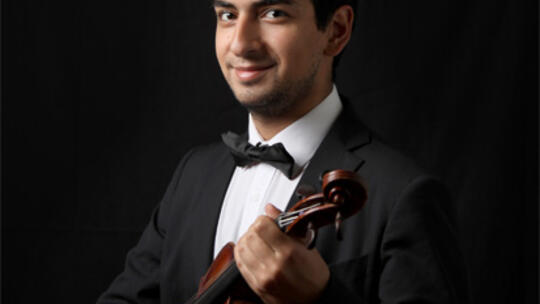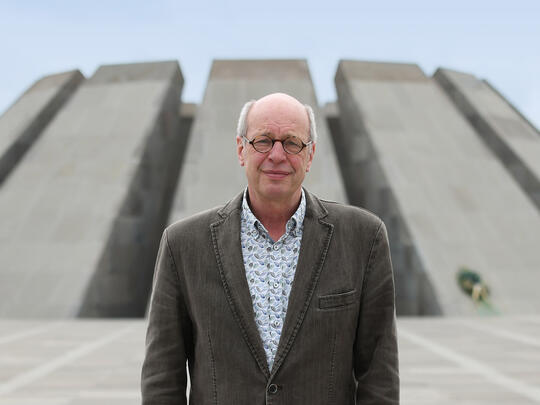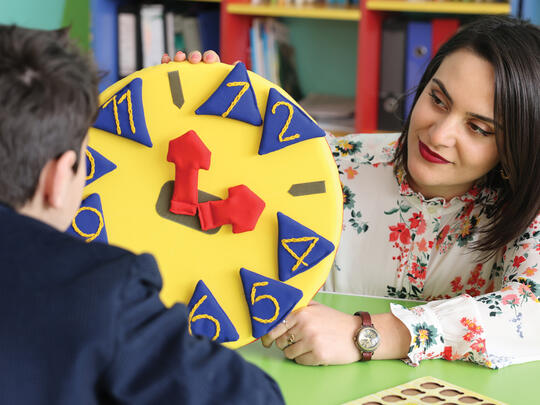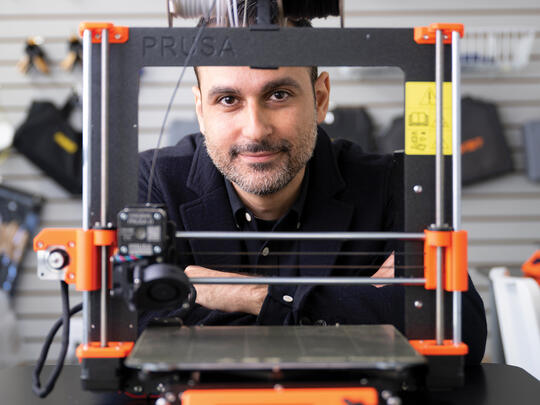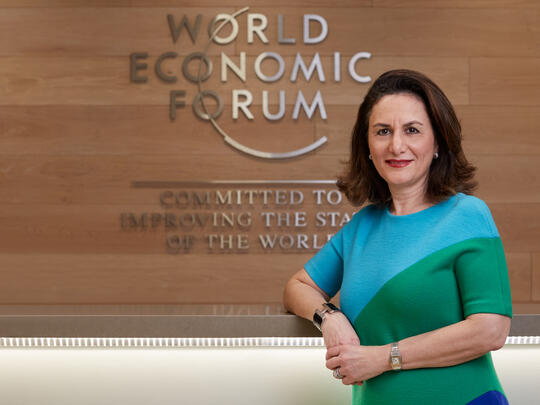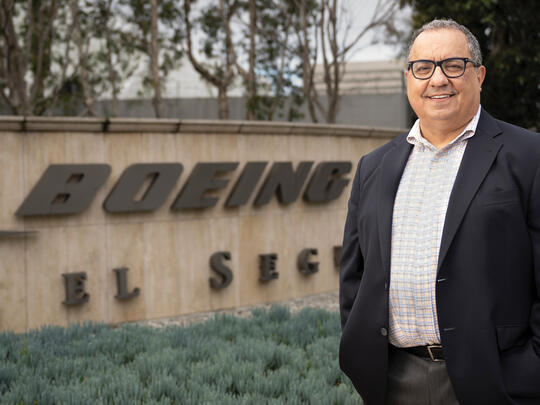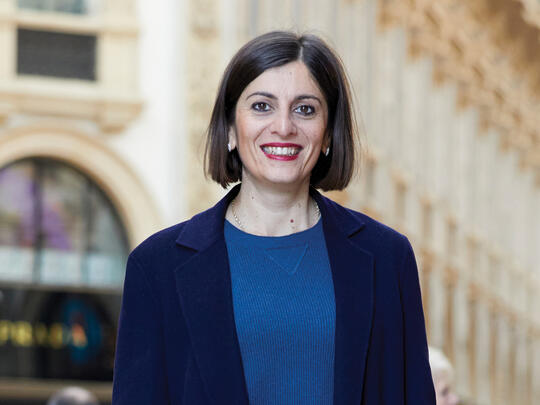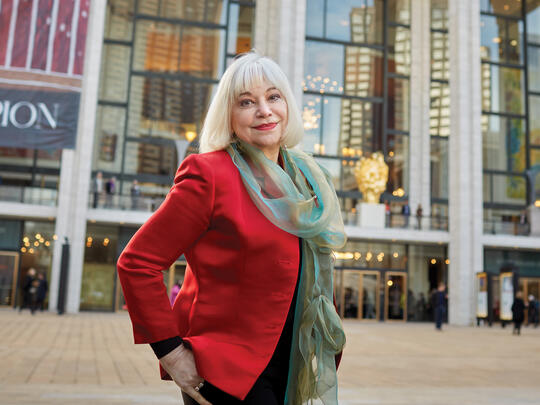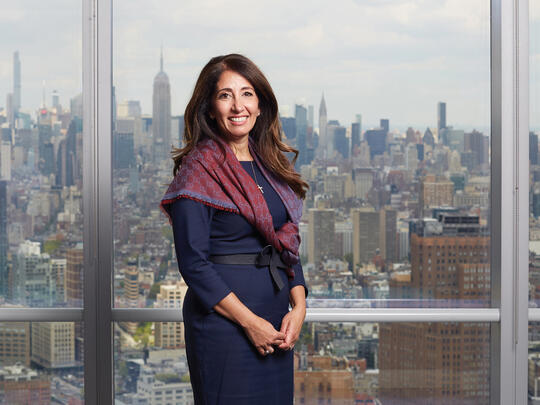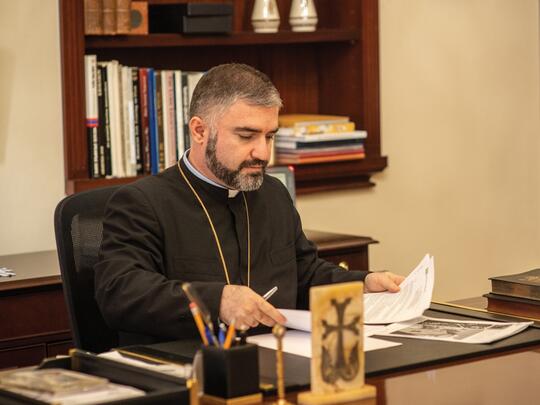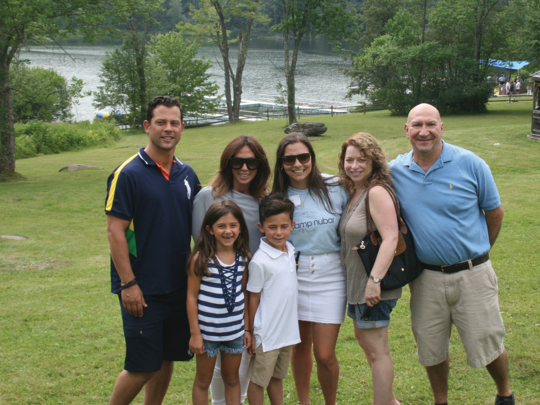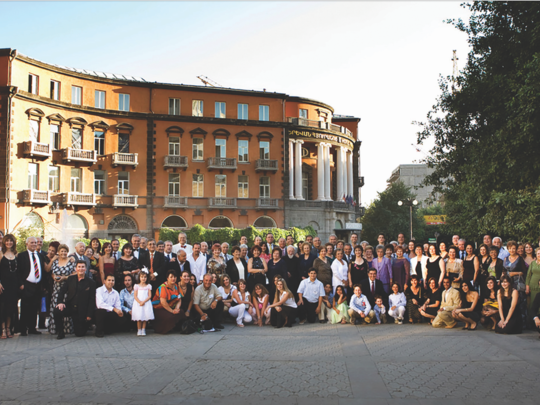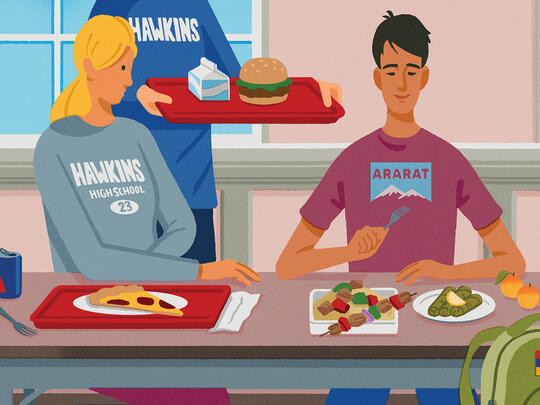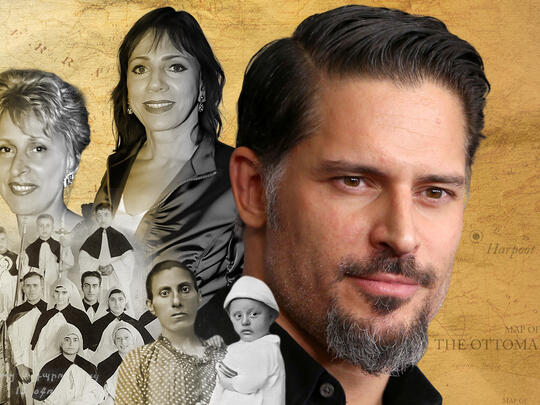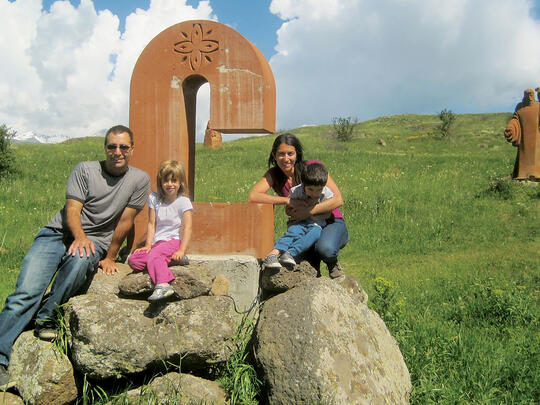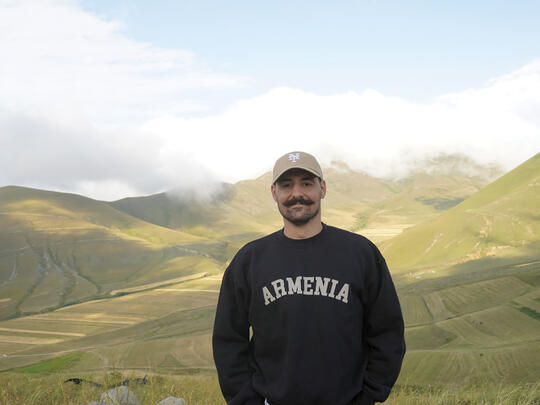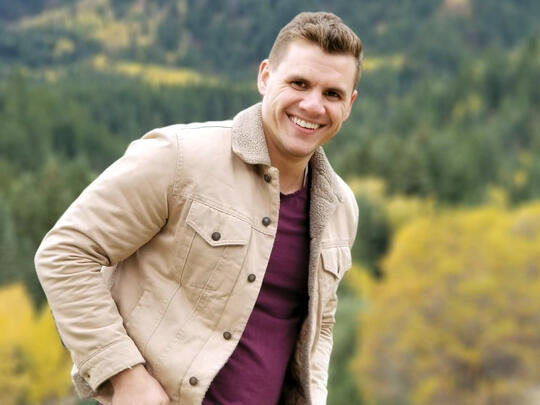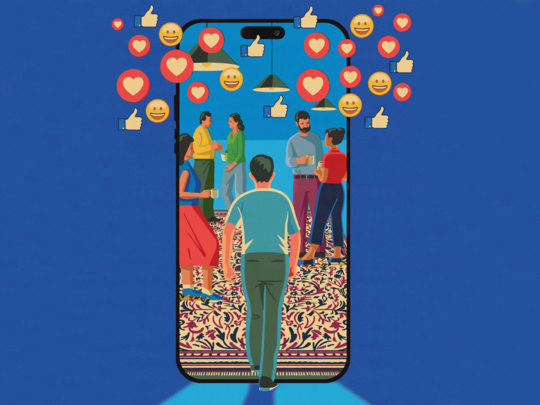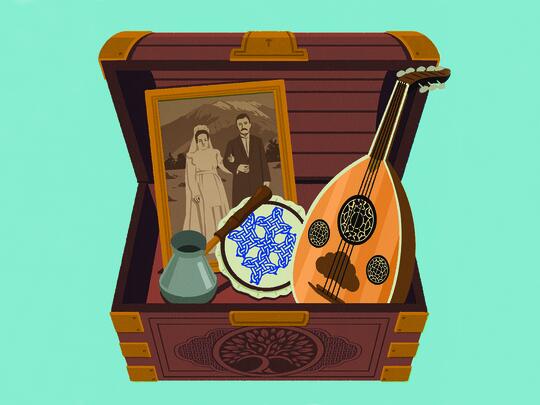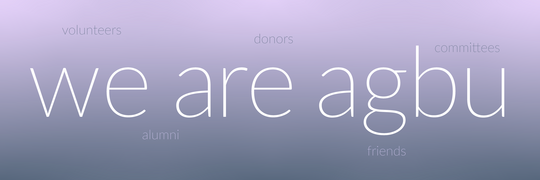
Helping Others Through Music
Artur Mouradian
My biggest accomplishment is touching people’s emotions through music. My grandfather used to tell me that musicians should be an example of ethics for society. The older I got, the more I started to understand what he really meant.
Artur Mouradian believes wholeheartedly in the power of music to brighten lives. The young classical musician—born in Portugal to Armenian parents, but now living and working in the Netherlands—is the recipient of an AGBU Performing Arts Fellowship and will be performing at the New York Special Events Committee (NYSEC) Performing Artists in Concert series at Carnegie Hall in December.
In our conversation, Artur muses on his personal philosophy of music, discusses the birth of his musical foundation in the Netherlands and reflects on his proudest accomplishments in an already promising career.
How were you introduced to music as a child?
Music was the reason I was born in Portugal! My father Levon Mouradian—a cellist—was invited to join the Gulbenkian Orchestra and my mother Narine Dellalian played the violin for the National Portuguese Orchestra, so I was surrounded by music from a young age. I spent my childhood at their rehearsals and concerts and by six they sent me to music school to learn the violin, and later, the viola.
But my interest in music is to be expected. My family has been made up of musicians for four generations on both sides. My great-grandfather on my father’s side, Hayrik Mouradian, played a very important role in Armenian folk music, memorizing hundreds of songs lost during the genocide. Throughout his life, he taught and performed these songs with and for the new generation. I never met my maternal grandfather, the composer Harutiun Dellalian. But from family stories, I learned about how he fought for his dreams. He supported his family by working in a factory until he started formally studying music at 35. A few years later, he had achieved international recognition.
What has been your proudest accomplishment?
My proudest accomplishment is touching people’s emotions through music. My grandfather used to tell me that musicians should be an example of ethics for society. The older I got, the more I started to understand what he really meant. I knew I needed to do something to help people through music. This is what led me to found Stichting Muziek voor een Leven [Music for a Life Foundation] in the Netherlands where I went to college. Through the foundation, I started to organize educational concerts for children, therapeutic concerts for ill children and concerts for the elderly in retirement homes. We work with many young musicians and give them the chance to perform with a big social impact. It is tremendously fulfilling to contribute to education, culture and the wellbeing of people through music.
What kinds of reactions have people had to the foundation’s concerts?
A comment from an elderly woman in a retirement homes comes to mind: “My life is like a rainy day,” she said. “When you come to play music for us, it’s like sunshine and it brings us so much happiness!” That is the power of music!
There are two types of people we play for in retirement houses: the ones that are still in good mental health and the ones that are in an almost vegetative state. The first group always has a great time; they sing with us and clap with the music. The most fascinating part is that the group cannot remember the names of their family members sometimes, but they can still sing the melody of the songs.
With the children, it’s obviously different. Often they are not very open to classical music, but as soon as we start to play, there is silence in the room. At the end of the concert, the kids come up to us and say that they want to play an instrument, too. I know that many of them have actually started music education after our concerts.
What is the next step for your foundation?
I’m in the process of developing it now. I’d like to create a similar project in Armenia to send talented conservatory students to schools and hospitals all over the country to play music as part of educational and therapeutic programs. For example, I’d like to send a string quartet to a school and have a presenter explain different instruments and give presentations about composers and music, in general. This way the children can hear a live concert, maybe for the first time, and learn about music firsthand.
This December will be your first time playing at the NYSEC Performing Artists in Concert series at Carnegie Hall. What does the performance mean to you?
Carnegie Hall is a dream venue for every musician. I’m really looking forward to meeting more Armenian musicians and performing with them. The concert is very special to me because it will be a way for me to show my gratitude for having receiving an AGBU Performing Arts Fellowship for three years. The fellowship gave me the opportunity to take private lessons and master classes and develop as a musician in a way I could not have done without it.
Please note that archived content may appear distorted as it has been stripped of formatting and original images.

